Our Origin
The Banyan Tree was established in 2001. The name was derived after a visit to Hawaii in 2000 by Lorraine and Paul, where they discovered an amazing tree that seemed to have more than one trunk. As the tree’s branches grow, they soon get too heavy for the main trunk to support them on their own. So, the tree grows more trunks. As the branches get longer and longer, the tree grows more and more trunks. These trees are called Banyan Trees.
This one had over fifty trunks, which enabled it to survive against the odds through all types of different weather. Like the tree, the more support people have, the safer they feel too. Lorraine and Paul thought that this would be the perfect name for a children’s home, as they wanted to open a home where each child felt safe and supported.
Psychological Approaches
Our ethos and approach to care is rooted in attachment and trauma-informed ways of working. Our staff team have regular training with our Consultant Clinical Psychologist to provide therapeutic care in order to help with the children’s emotional wellbeing, recovery, and development.
The level of contact with the Clinical Psychologist ensures that the staff team are consistently thinking about their practice using principles of attachment and trauma-informed ways of working. The three core psychological models we use are:
Attachment – informed
Trauma – informed
PACE Approach
We can also offer other forms of therapy such as through our Consultant Art Therapist or the local charity Kids Aid.
Contact
We encourage children to maintain positive and appropriate contact with family, friends, and other important people. We welcome visitors to our homes, and will help with external contact visits also.
Positive Health and Wellbeing
Each child will be supported with their physical and emotional health with their own personalised plan.
Monitoring Progress
We will regularly look at each child’s, achievements and goals, and how we can support them to make progress in every part of their lives.
Placements Plans
Each child will work with our team to create a person-centred placement plan which will include lots of important information about them and their needs, feelings, and wishes to look after them as best as possible.
Healthy Relationships
We will support children to make and develop appropriate and meaningful relationships with our staff team and other young people, which will be based on trust and understanding.
Enjoy and Achieve
We will support each to have their own interests, develop hobbies, and try new activities to enjoy and achieve. We promote sporting activities and physical exercise, and provide opportunities for our children to go on day trips and holidays every year.
Positive Emotional and Behavioural Wellbeing
We will support each child to develop and improve their skills to help them make positive choices about their behaviour, and other areas of their wellbeing. We aim to ensure that all children feel safe and understood. A personalised positive behaviour support plan will be developed withinformation on the best ways to support each child with their emotional, social, and behavioural needs.
Religious, Cultural and Linguistic Needs
We support and value every child’s cultural heritage. We will develop a heritage plan for each child, and we can support them to attend any places of worship or cultural interest, and to take part in any observances or events. Every child, young person, or member of staff has the right to equality, and we expect and promote the respect of every individual and their rights.
Key Work Sessions
Each child will have regular key work sessions and their progress will be monitored. We invest in our relationships with the children to promote positive behaviour, choices, personal responsibility, and a sense of understanding.


